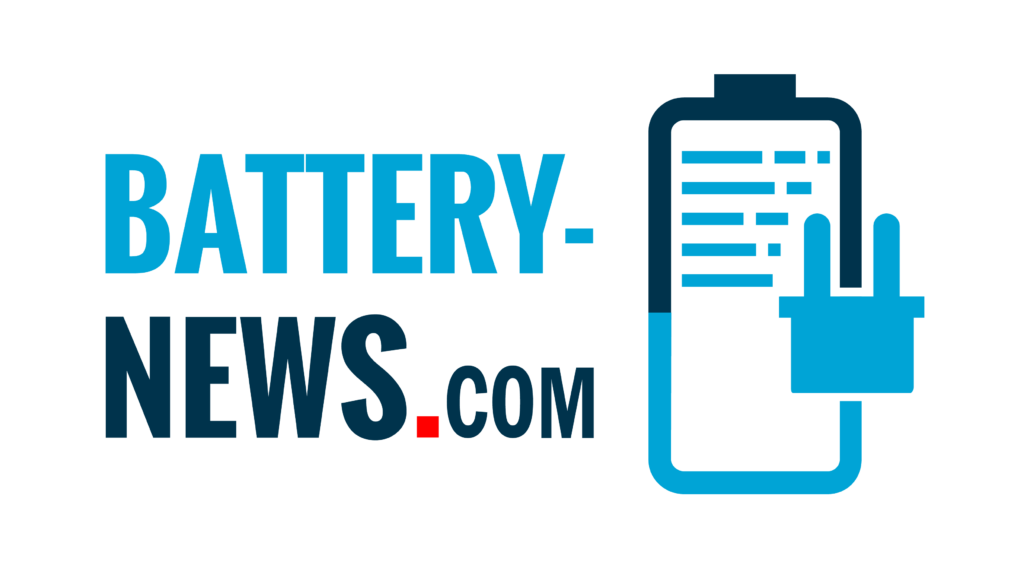On June 6th and 7th, 2024, Rohmann Automation will host the second “Robotics meets eMobility” congress in Ingelheim am Rhein. The event focuses on the manufacturing and quality assurance of battery modules for electric mobility. Key topics include new production technologies and international competitiveness of German manufacturers. Prominent speakers from industry and politics Prominent speakers from the e-mobility and economic sectors, including Daniela Schmitt, Minister for Economic Affairs, Transport, and Agriculture of Rhineland-Palatinate, as well as representatives from Daimler Truck, Ford, Mercedes Benz, Porsche, and Stellantis, will present current projects and trends. Manufacturers such as CMBlu energy, Eberspächer, LG Energy Solutions, and Varta will showcase their innovations. Leading producers of robots and laser systems, such as ABB, Keyence, and Trumpf, will also participate. Networking of automation and traditional industry An accompanying exhibition will feature new solutions in robotics and quality assurance. Research institutions like the Fraunhofer EZRT and RWTH Aachen University will also be represented. The event provides a forum for the exchange and networking of automation and robotics companies with traditional industrial sectors. Jascha Rohmann, founder and CEO of Rohmann Automation GmbH, emphasizes the necessity of cross-industry collaboration to succeed in international competition. Link










